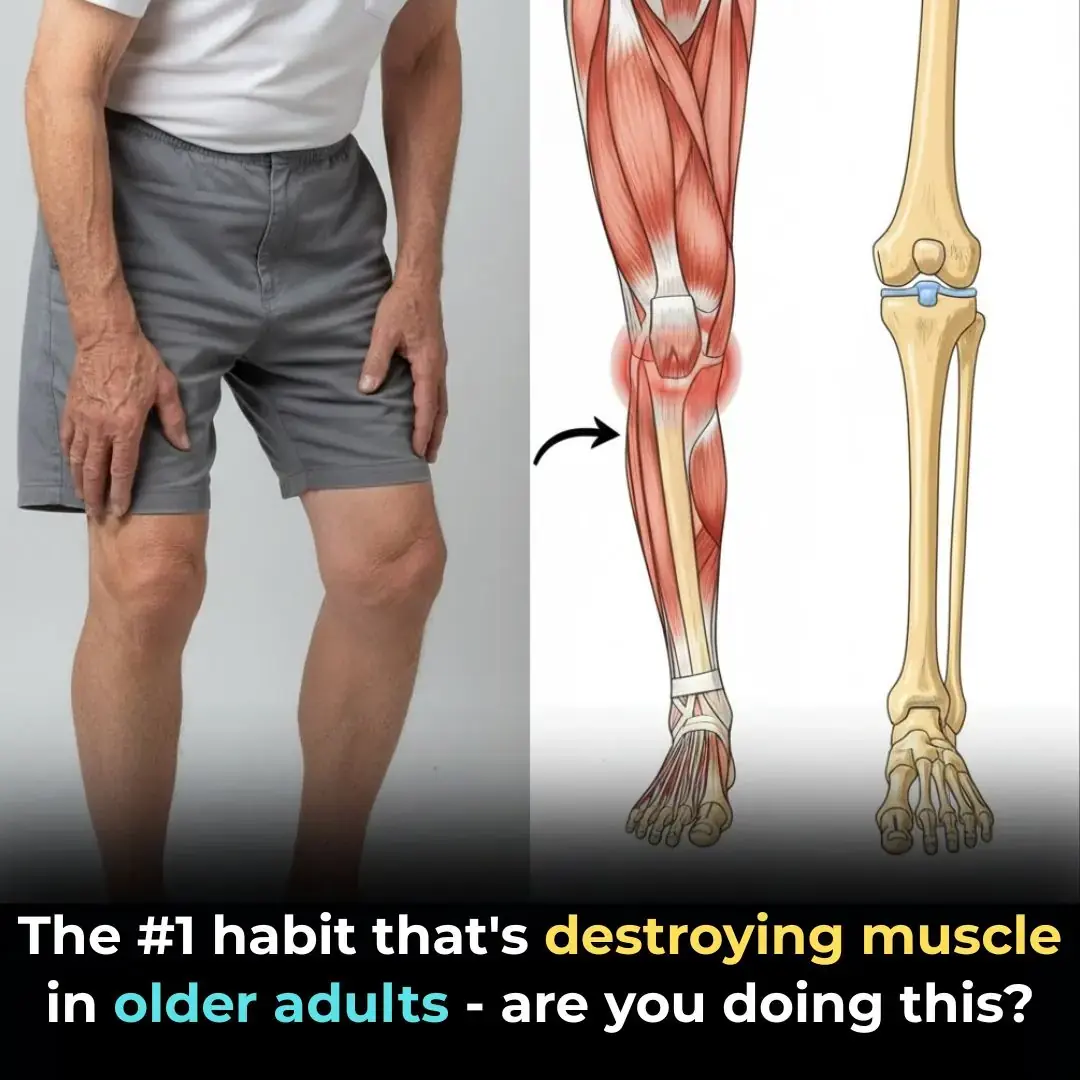
80% Of Heart Attacks Could Be Avoided If Everyone Did These 5 Easy Things
The American Heart Association (AHA) publishes heart disease statistics annually, and the numbers are alarming. Cardiovascular disease (CVD) is responsible for about one-third of all global deaths. In the U.S., someone dies from heart disease every 40 seconds, and in 2024, more than 17 million lives were claimed worldwide due to various heart conditions. The AHA estimates that by 2030, this number will rise to 23.6 million deaths annually (1).
5 Lifestyle Changes to Prevent Heart Attacks

A study conducted at the Karolinska Institute identified five critical lifestyle habits that can prevent nearly 80% of first-time heart attacks in men (2). These habits include:
-
A healthy diet
-
Regular physical activity (such as walking or biking for at least 40 minutes a day and exercising for at least one hour per week)
-
Healthy waist circumference (less than 95 cm or 37.4 inches)
-
Moderate alcohol consumption (10-30 grams per day)
-
No smoking
Agneta Akesson, the lead researcher, commented on the findings, saying, “It is not surprising that healthy lifestyle choices would lead to a reduction in heart attacks, but what is surprising is how drastically the risk dropped due to these factors.”
The Importance of Physical Activity
Physical activity is a key player in preventing cardiovascular disease, and the AHA has stressed that a sedentary lifestyle significantly increases the risk of heart disease. However, this risk can be easily avoided (3).
The Department of Cardiovascular Diseases at the Ochsner Medical Center in New Orleans studied the benefits of cardiac rehabilitation and physical activity as both secondary prevention methods and primary interventions. Their findings showed that exercise not only helped with heart health but also reduced plasma lipid levels, corrected obesity indices, improved glucose metabolism, and decreased inflammation. It also had a positive effect on the psychological well-being of patients with coronary heart disease (CHD).
The study revealed a 20% to 25% reduction in cardiovascular mortality and morbidity. The most important takeaway was that physical activity is often overlooked and underused in heart disease management. In conclusion, the report suggested that exercise regimens should be moderate in intensity, as extreme activity might increase risks in some cases.
Another study by the Institute of Biomedical and Life Sciences found that regular physical activity significantly improves the functional capacity of skeletal muscles, reduces resistance, and enhances the heart's intrinsic pumping ability. This research strongly indicates that exercise can help reduce or even partially restore heart dysfunction (4, 5).
Treating Food as Medicine
The Lyon Heart Study, which focused on individuals aged 50 to 80 who had previously suffered a myocardial infarction, found that those following a Mediterranean diet experienced a 50% to 70% reduction in the recurrence of cardiovascular disorders. A key element of this diet is the consistent use of olive oil.
Olive oil, particularly organic virgin olive oil, is rich in beneficial compounds such as:
-
Lipophilic compounds – These help dissolve fats and lipids.
-
Vitamin E (α-tocopherol) – A powerful antioxidant.
-
Phenolic components – These enhance antioxidants and have lipid-destroying properties.
-
Antioxidant properties – Olive oil helps reverse oxidative stress in the body.
-
Anti-inflammatory characteristics – It reduces both internal and external swelling.
Avoiding Self-Inflicted Poisons
A report from the Bureau of Metabolism highlighted the significant risks associated with smoking, including hypertension, stroke, peripheral vascular disorders, and coronary artery disease (7). Smoking also causes endothelial inflammation and dysfunction, disrupting the ability of arteries to constrict and relax properly. This dysfunction leads to thrombus (blood clot) formation and promotes atherosclerotic plaque buildup, both of which significantly increase the risk of heart disease. Additionally, nicotine and carbon monoxide in tobacco smoke have been linked to various cardiovascular conditions.
Modifiable Lifestyle Choices to Promote Heart Health
To support heart health, consider incorporating these modifiable lifestyle choices into your routine:
-
Engage in physical activity (e.g., walking for at least 25 minutes every other day).
-
Avoid all forms of tobacco smoke.
-
Eat fresh, organic foods, such as fruits, vegetables, and whole grains, with minimal processing.
-
Avoid saturated fats, trans fats, processed sugars, and enriched grains.
-
Opt for lean meats and fish, which are rich in Omega-3 fatty acids.
-
Incorporate superfoods like avocados, nuts, seeds, and legumes into your diet.
-
Consider starting a small garden, which provides both physical activity and fresh, organic foods.
Conclusion
The connection between lifestyle and heart disease is undeniable, and making small but powerful changes to your daily habits can dramatically improve your cardiovascular health. By following the guidelines of a balanced diet, regular exercise, avoiding harmful substances like tobacco, and prioritizing heart-healthy foods, you can significantly reduce your risk of heart disease and other related conditions. The impact of these simple lifestyle changes is profound—not only on your heart but on your overall well-being.
Stay proactive and invest in your heart health today, and you could reap the benefits for years to come.
News in the same category


What happens when you start eating chia seeds every day

Why You Should Stop Using Petroleum Jelly On Your Skin (It’s a Byproduct of the Petroleum Manufacturing Process)

Scientifically Proven Health Benefits of Cayenne Pepper

Low levels of this key brain nutrient may be fueling your anxiety

A Nurse Who Has Witnessed The Final Moments Of More Than 300 People Has Revealed What She Has Learned From Being By Their Side
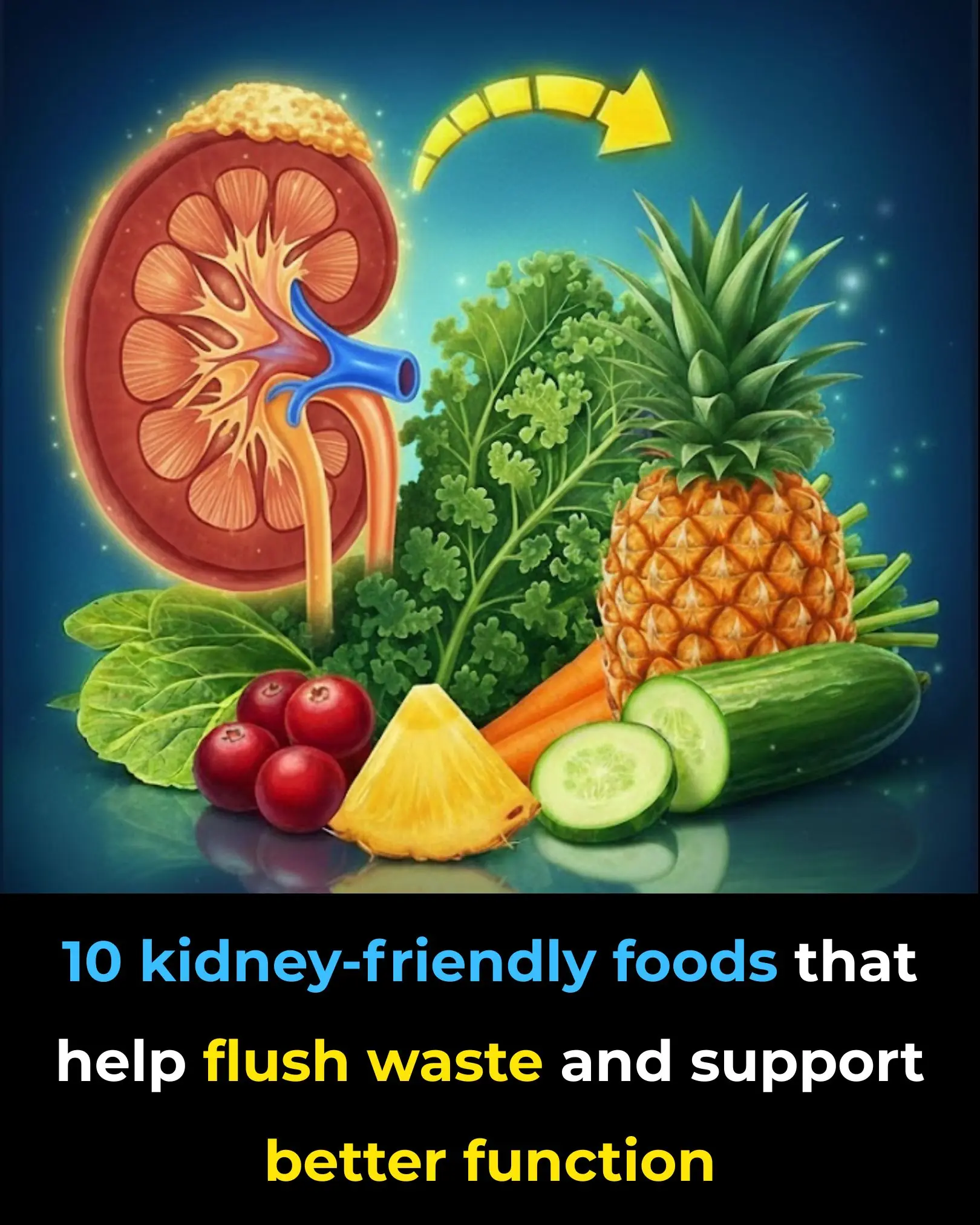
Absolutely BEST Foods to Detox Your Kidneys
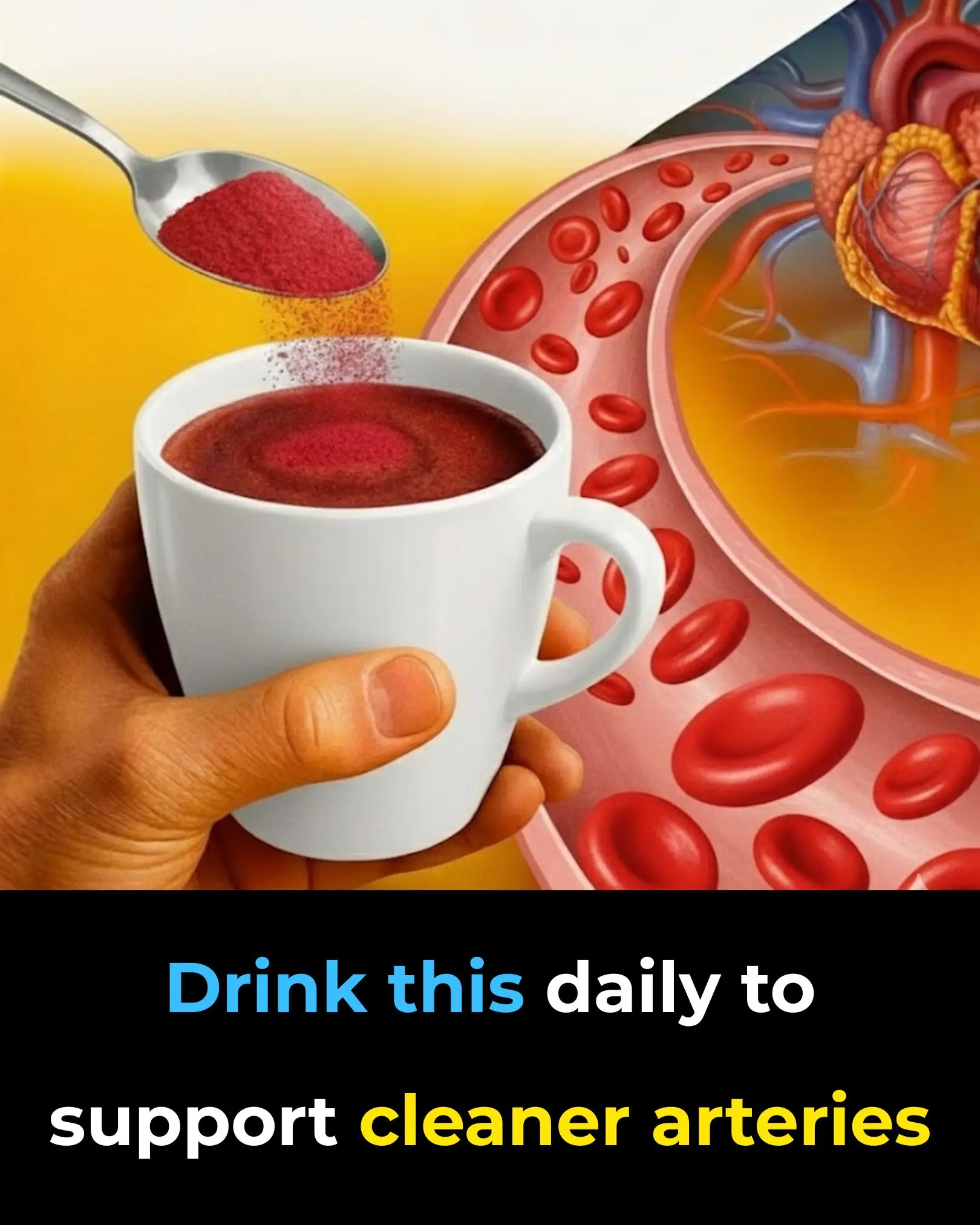
Drink this daily to support cleaner arteries

The Surprising Benefits of Foot Massages …More Than Just Relaxation

14 Best Natural Antibiotics Our Ancestors Used Instead of Pills

9 POWERFUL Health Benefits of Adding Pumpkin Seeds to Your Diet

Knowing These 12 Symptoms of a Stroke Can Save Your Life

6 fruits that help your body fight cancer cells naturally
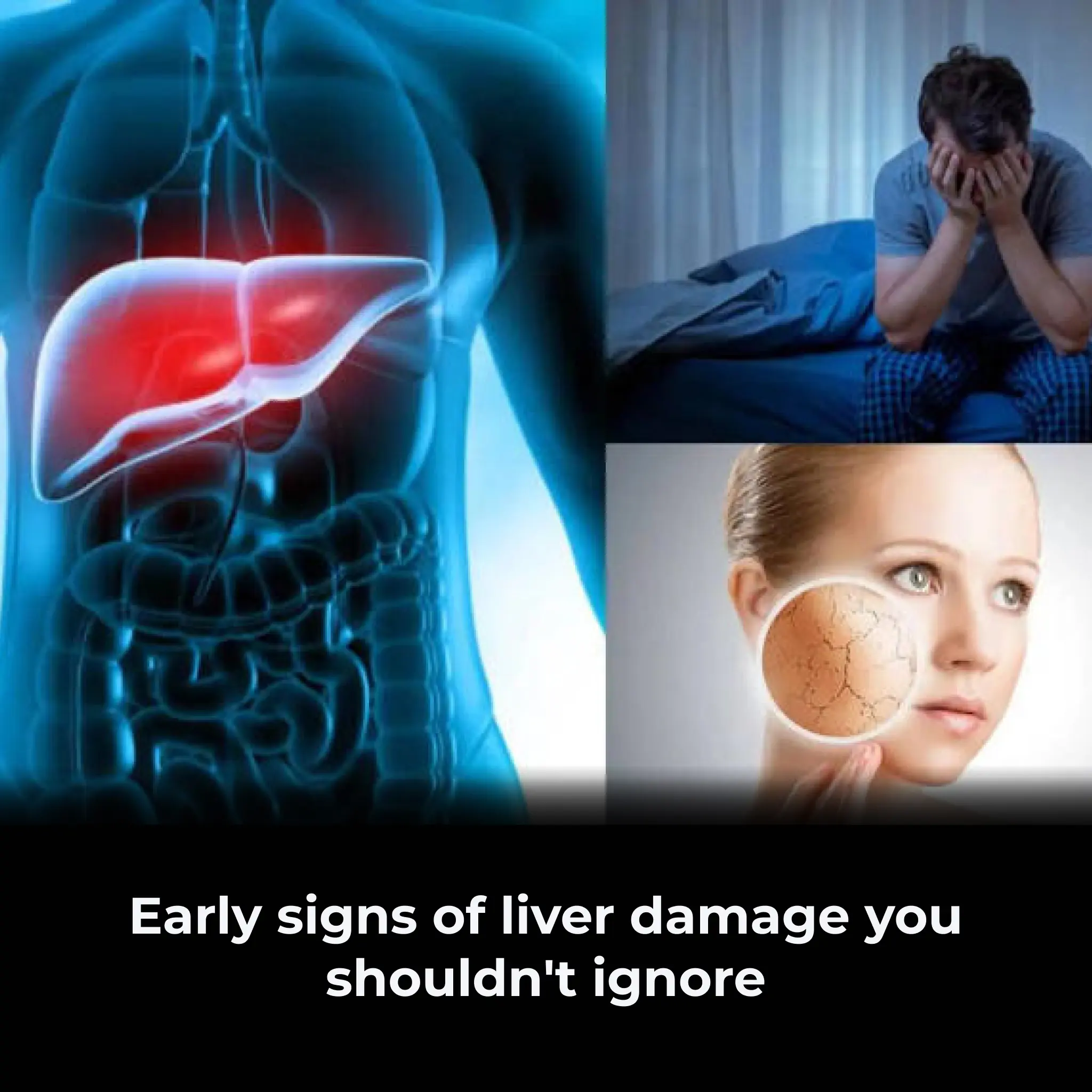
Early Signs of Liver Damage You Shouldn't Ignore

If Your Nails Show These 10 Signs, See a Doctor Immediately

The 5 warning signs you may be taking too much magnesium, according to doctors

This Is What Happens to Your Body When You Start Eating Raw Garlic
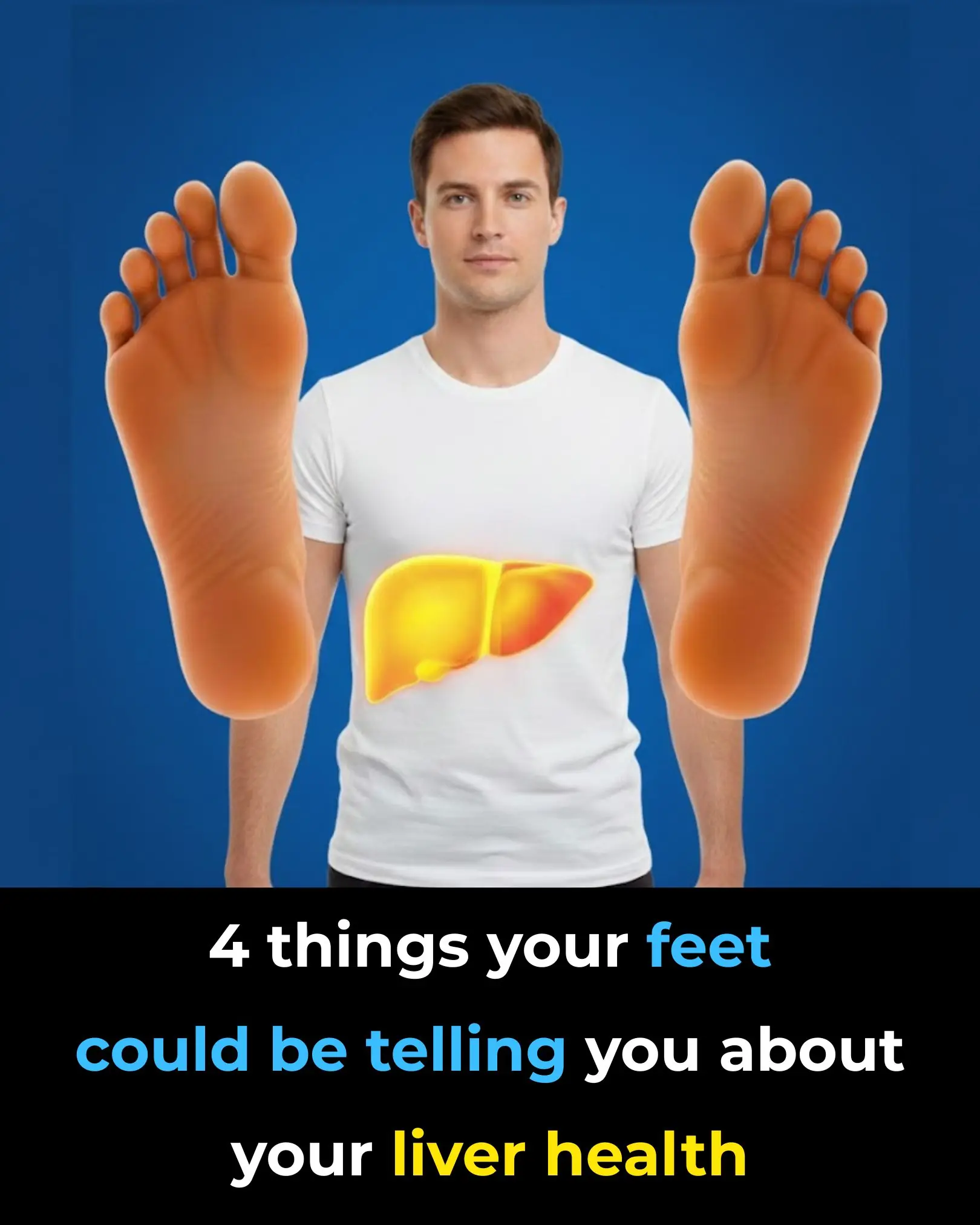
4 Things Your Feet Could Be Telling You About Your Liver Health

This Is What Happens When You Eat Sweet Potatoes Regularly
News Post

DIY Vaseline Cream: The 4-Ingredient Glow Hack That Makes Your Skin Baby-Soft Overnight

DIY Fenugreek Hair Masks for Hair Growth & Reducing Hair Fall

Will Americans Receive $2,000 Stimulus Checks? What You Need to Know

Revolutionary Miniature Implant Offers New Hope for Restoring Vision in Macular Degeneration Patients

A Simple Superfood That Enhances Your Baby's Brain Development During Pregnancy

Why Some Children Don’t Visit Their Parents Often

Don’t Drink Coconut Water Before You Know These 11 Secrets!

The #1 habit that’s destroying muscle in older adults—are you doing this?

Tomato Benefits for Skin – How Tomato Slices Can Transform Your Skin Naturally

This Plant Is Tastier Than Meat! 8 Reasons to Keep It in Your Garden

Walnuts Feed Your Microbiome: The Small Superfood That Transforms Your Gut and Your Mood

3 Steps Skin Care To Get Dewy Glass Skin

What happens when you start eating chia seeds every day

Why You Should Stop Using Petroleum Jelly On Your Skin (It’s a Byproduct of the Petroleum Manufacturing Process)

Air Conditioner Blowing Only Air but Not Cooling? Here’s How to Fix It Without Calling a Technician

14 Reasons to Drink Lemon Water First Thing in the Morning

Had no clue about this

Scientifically Proven Health Benefits of Cayenne Pepper

Why Does Your Refrigerator Frost Over and Does It Increase Electricity Consumption?
